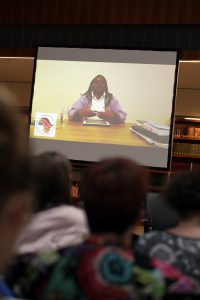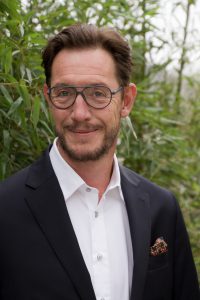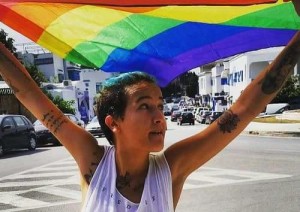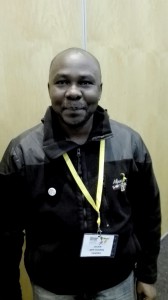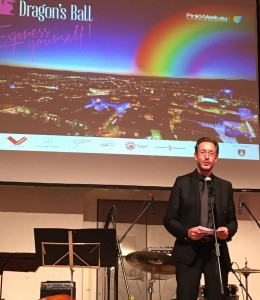Conference held by the Hirschfeld-Eddy Foundation and the German Federal Foreign Office on 1 June 2017
Artikel in deutscher Fassung
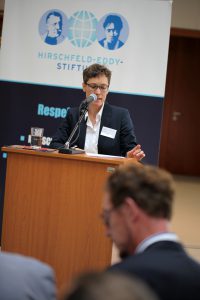 These problems have long been familiar to LGBTI people: hurdles placed in the way of registering their organisations, prohibitions on gay pride demonstrations, restricted rights of assembly, funding difficulties, bureaucratic requirements that stifle activism, smear campaigns by the media, and threats to life and limb. In many countries, human rights defenders are still restricted in their possibilities for action.
These problems have long been familiar to LGBTI people: hurdles placed in the way of registering their organisations, prohibitions on gay pride demonstrations, restricted rights of assembly, funding difficulties, bureaucratic requirements that stifle activism, smear campaigns by the media, and threats to life and limb. In many countries, human rights defenders are still restricted in their possibilities for action.
What is new is the phenomenon of the “shrinking space”, a term that describes increasingly sophisticated means used in ever more countries to target and limit the work of a growing number of civil society groups. On 1 June 2017, the Hirschfeld-Eddy Foundation and the German Federal Foreign Office held a half-day conference dedicated to this phenomenon.

